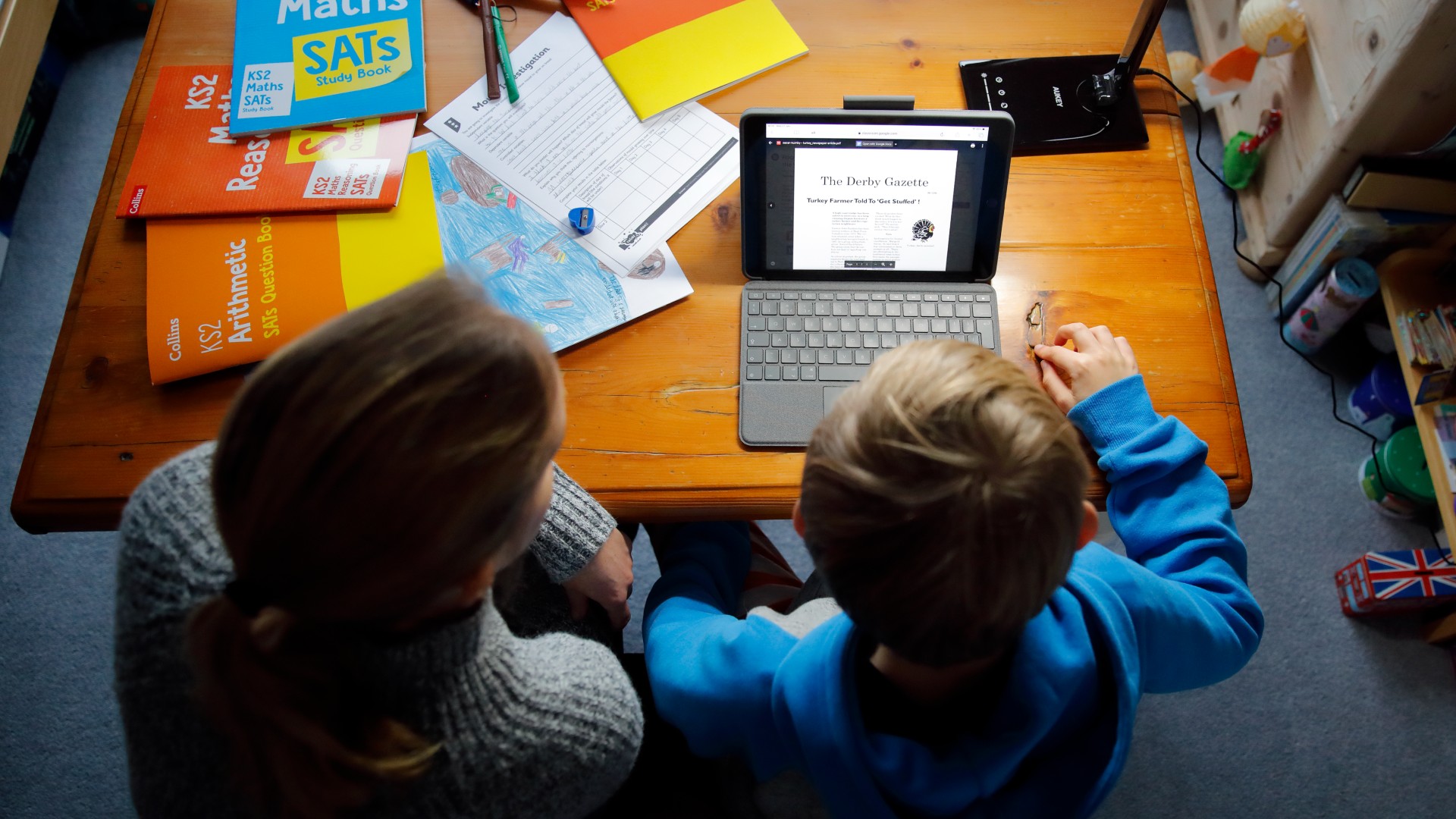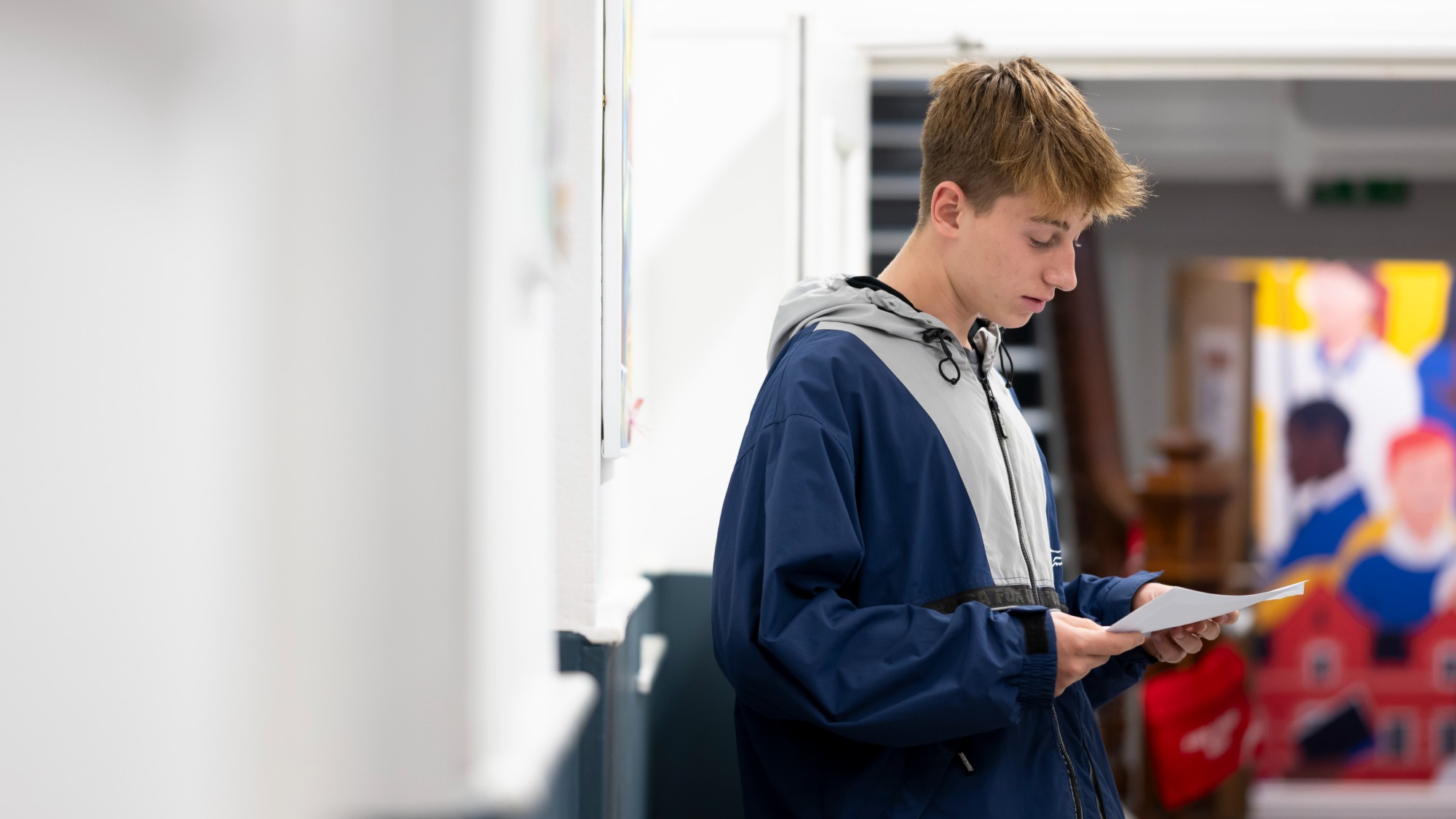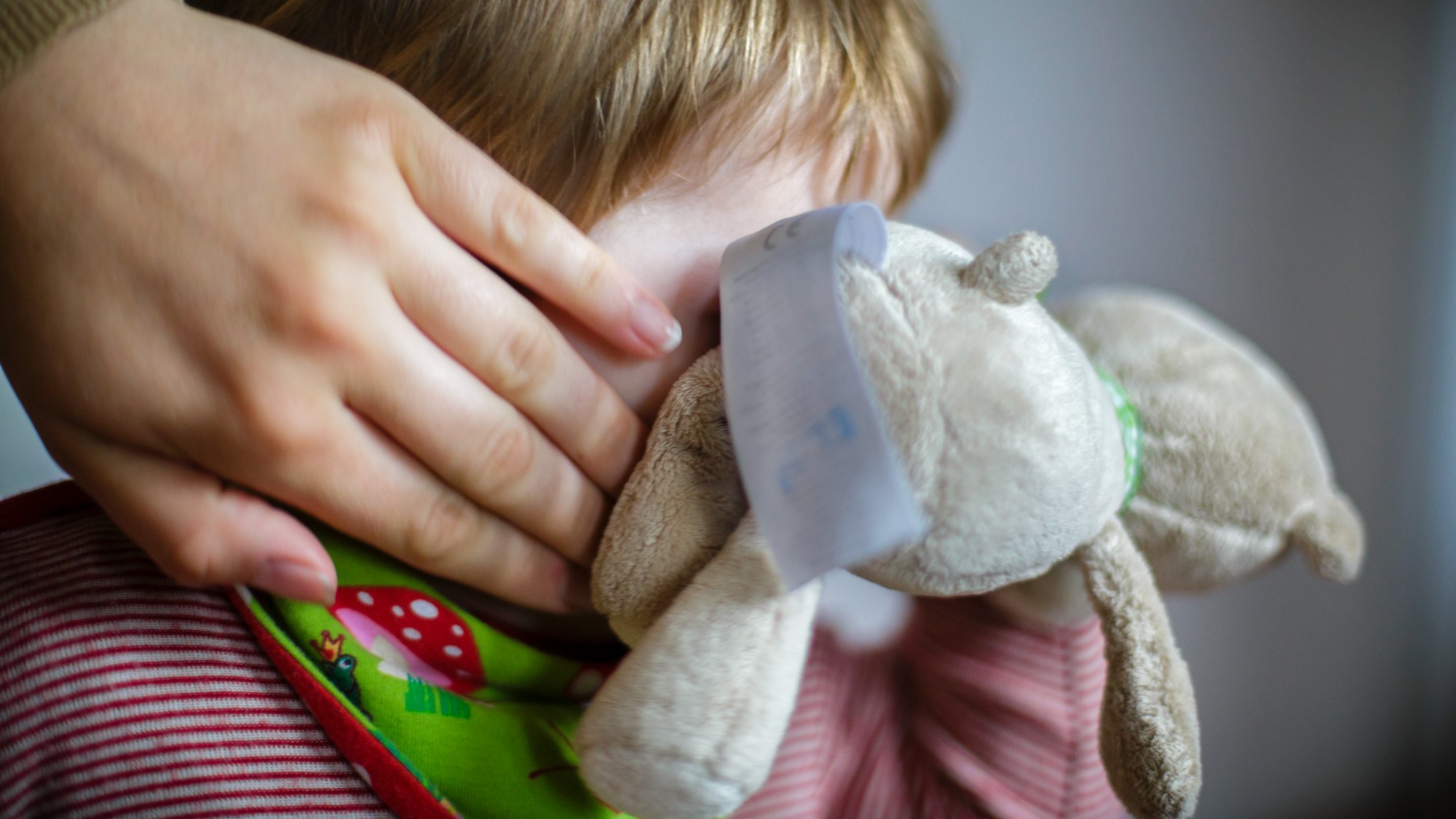What are the rules about homeschooling – and how are they changing?
Additional safeguards planned for the most vulnerable children, prompted by the killing of Sara Sharif

A free daily email with the biggest news stories of the day – and the best features from TheWeek.com
You are now subscribed
Your newsletter sign-up was successful
The government is proposing new legislation to safeguard children by ending the automatic right for parents in England and Wales to homeschool vulnerable children.
The new measure is being put forward after the case of Sara Sharif, who was killed by her father and stepmother. The ten-year-old, who suffered years of torture at the hands of her parents, was twice withdrawn from school after teachers spotted signs of abuse and raised concerns.
While the "primary responsibility" for the little girl's death rested squarely with her parents, said Mr Justice Cavanagh as he passed sentence on them both, her killing "brings into sharp relief the dangers of unsupervised homeschooling of vulnerable children", reported London's The Standard.
The Week
Escape your echo chamber. Get the facts behind the news, plus analysis from multiple perspectives.

Sign up for The Week's Free Newsletters
From our morning news briefing to a weekly Good News Newsletter, get the best of The Week delivered directly to your inbox.
From our morning news briefing to a weekly Good News Newsletter, get the best of The Week delivered directly to your inbox.
Can anyone homeschool their children?
Elective home education – the term used to describe homeschooling in England – is currently available to all children on a full or part-time basis, as long as they are not subject to a School Attendance Order.
"Parents do not need the consent of the school or local authority" to withdraw their child from school in England and Wales, according to Child Law Advice. There are exceptions, however: if the child has an Education, Health and Care Plan and is attending a special school by arrangement of the local authority, then permission must be sought. In Scotland, parents must seek the local authority's consent before withdrawing their child, although, in practice, consent is usually given.
The law states that homeschooling parents must provide a full-time "suitable education" for their child, although exactly what that means remains a "grey area", said Schools Week. There is no obligation for parents to follow the national curriculum, term dates or school hours.
Under Section 436A of the Education and Inspections Act 2006, local authorities "do not have any statutory duties to routinely monitor the quality of home education", said Child Law Advice. "Case law has held that local authorities cannot insist on inspecting parents and children in their home or elsewhere".
A free daily email with the biggest news stories of the day – and the best features from TheWeek.com
What are the proposed changes to the law?
Under the new Children's Wellbeing and Schools Bill, the right to homeschooling in England and Wales "will no longer be automatic for parents of the most vulnerable children", said Sky News.
Councils will be given the power to demand children attend school if their home environment is "deemed unsuitable or unsafe". Parents will also lose the automatic right to homeschool if their child is subject to a social services protection investigation or is under a protection plan. This will also apply to children at special schools.
Every local authority in England will also be required to bring in, and maintain, new registers of children not in school, as well as giving each child unique identifier numbers. This will mean "councils know which children are not in school in their area, and can better ensure they are receiving a suitable education", said The Standard.
Why are more parents homeschooling?
For the past 100 years, the number of children being homeschooled in Britain "has been relatively low and stable", said Anthony Seldon, head of Epsom College, in The Spectator. It's been the choice, mainly, of parents who "want a particular style of religious education for their children (evangelical Christianity, for example) or where there are personal difficulties deterring the young attending school".
But, following the Covid lockdowns, there's been a sharp increase in homeschooling rates in the UK (and around the world), as "many children and families found they liked the experience of learning at home, and determined to maintain it". New figures suggest this post-pandemic surge is "at risk of becoming permanent", said The Guardian, with more than one in 100 children in England being homeschooled last summer term.
Indeed, a BBC investigation earlier this year revealed that the number of pupils moving to home education has risen by 22% in the past year, with councils receiving almost 50,000 notifications in the past academic year from families wanting to take their children out of school. Census data suggested that "while the biggest known reason for moving to home education was still philosophical beliefs, mental health was the biggest factor in the recent rise", said the broadcaster.
Despite concern from Ofsted about the "risk to safeguarding" and the number of children "whose pattern of education is disjointed", the trend for homeschooling is only going to be "continuing in the future, facilitated by AI and digital technologies which are improving by the week", said Seldon.
-
 6 of the world’s most accessible destinations
6 of the world’s most accessible destinationsThe Week Recommends Experience all of Berlin, Singapore and Sydney
-
 How the FCC’s ‘equal time’ rule works
How the FCC’s ‘equal time’ rule worksIn the Spotlight The law is at the heart of the Colbert-CBS conflict
-
 What is the endgame in the DHS shutdown?
What is the endgame in the DHS shutdown?Today’s Big Question Democrats want to rein in ICE’s immigration crackdown
-
 The Trump administration’s plans to dismantle the Department of Education
The Trump administration’s plans to dismantle the Department of EducationThe Explainer The president aims to fulfill his promise to get rid of the agency
-
 How will new V level qualifications work?
How will new V level qualifications work?The Explainer Government proposals aim to ‘streamline’ post-GCSE education options
-
 England’s ‘dysfunctional’ children’s care system
England’s ‘dysfunctional’ children’s care systemIn the Spotlight A new report reveals that protection of youngsters in care in England is failing in a profit-chasing sector
-
 The pros and cons of banning cellphones in classrooms
The pros and cons of banning cellphones in classroomsPros and cons The devices could be major distractions
-
 School phone bans: Why they're spreading
School phone bans: Why they're spreadingFeature 17 states are imposing all-day phone bans in schools
-
 Schools: The return of a dreaded fitness test
Schools: The return of a dreaded fitness testFeature Donald Trump is bringing the Presidential Fitness Test back to classrooms nationwide
-
 Send reforms: government's battle over special educational needs
Send reforms: government's battle over special educational needsThe Explainer Current system in 'crisis' but parents fear overhaul will leave many young people behind
-
 Education: Can public schools be religious?
Education: Can public schools be religious?Feature A Supreme Court seems ready to rule in favor of religious charter schools in Oklahoma, which could reshape public education